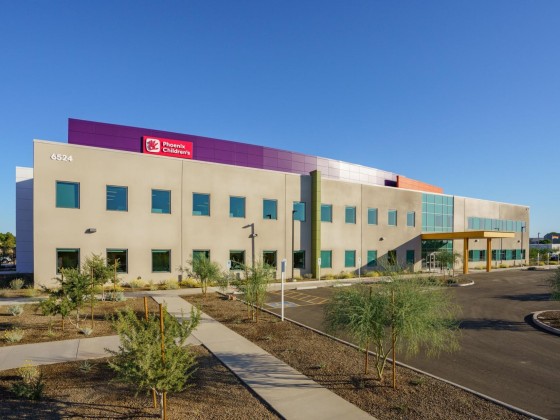Complex gastrointestinal (GI) conditions can affect the digestive tract in a number of ways. They may impact the gut’s ability to tolerate or absorb food. If your child’s small intestine can’t work properly, they may be at risk of not absorbing the nutrients needed for growth and development, or at risk of not being able to stay hydrated.
Although multiple treatments are available, feeding through a vein – called total parenteral nutrition (TPN) – often is needed. This is an alternate way for the body to get what it needs to be healthy. If your child isn’t eating and growing normally, we’re here to help.
As a parent of a sick child, you want the best care available. At Phoenix Children’s, you’ll find GI experts trained in parenteral nutrition, as well as other medical specialty areas your child may need. Our multidisciplinary team at the Nutritional Rehabilitation Clinic works with physicians, dietitians, pediatric surgeons, social workers, psychologists, nurses and pharmacists.
Together, we ensure your child gets the wholesome care and support they need.
At the Nutritional Rehab Clinic, we understand all the complexities of your child’s condition. Our ultimate goal is to work as a team with your family to give your child the high-quality care they deserve.



